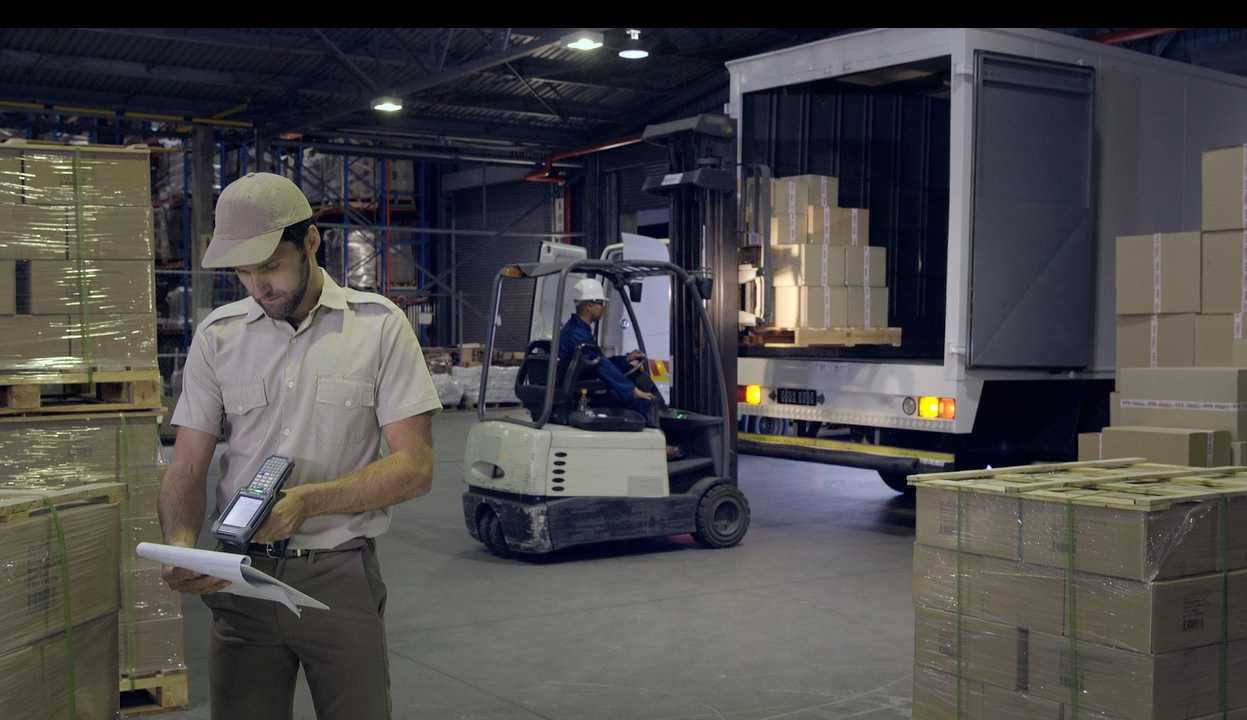Table of contents
The challenge of Brazil compliance extends far beyond government reporting as one of the world’s largest pharmaceutical markets grapples with the impending launch of industry-wide product tracking. Implementing a Brazil track and trace and serialization solution for the April 2022 deadline—and an aggressive set of proposed interim milestones—will require a significant amount of planning and resources, and companies doing business in Brazil can’t afford to wait.
In addition to reporting core supply chain events to a centralized government system, SNCM (Sistema Nacional de Controle de Medicamentos), success in the Brazil market will depend on end-to-end data exchange between you and your downstream trading partners—known as horizontal integration—including logistics providers, distributors, pharmacies, and hospitals. Here’s why:
Government reporting is a one-way, asynchronous system
Within the scope of the Brazil technical guidelines, a company—or an agent authorized by the company—is required to report on four key events: Activation, Shipping, Receiving, and Termination. However, this “vertical integration” with the government system is not designed to automatically confirm or send information back to the supply chain partners. Brazil’s regulatory agency, ANVISA, is leaving it to the industry to implement its own solution for “horizontal integration” between trade partners to share serialization—and aggregation—information.

Brazil track and trace regulations only specify that companies must integrate “vertically’ with the government system to report on 4 types of supply chain events.
“Why is this considered one-way communication?” asks Luca Gabrielli, TraceLink’s Director of Sales in Brazil. “Because the scope of the regulation is only tied to the reporting up to ANVISA, known as vertical integration, and because you don't get an active communication from ANVISA. You have to query ANVISA on each and every transaction and wait for them to give you the result.”
In addition, because manufacturers, wholesalers, and pharmacies have varying reporting windows of 3, 5, and 7 days respectively, information required from SNCM may lag behind actual events by a week or more. Reporting errors and subsequent corrections introduce additional gaps in identifying where the physical product may actually be in its journey through the supply chain.
Horizontal integration requires precise data exchange with partners
“Horizontal integration” refers to data exchange between trading partners in order to track product movement and disposition in a serialized supply chain.
“Horizontal integration is essential because—with serialization—you need to be able to exchange data digitally with an organization outside of your control, outside of your business,” says Dan Walles, General Manager, Track and Trace/Compliance. “Horizontal integration requires an interactive business process that can be coordinated, governed, and orchestrated between every trade partner.”
“Companies need the ability to send aggregated serialization information to a wholesaler,” says Walles, “Once that wholesaler receives that information, what if there are errors in it? What if corrections need to be made? What if they have reported to the government is not the same as what you have reported to the government?”
The Brazilian government has left the challenge of solving partner-to-partner data exchange to the thousands of companies in the Brazil supply chain—a potentially time-consuming and costly initiative if companies choose to build customized point-to-point connections with each individual partner.
Horizontal integration is especially critical as the Brazilian supply chain begins to aggregate multiple serial numbers under a single “parent” serial number applied to shipping containers. The efficiency of aggregation is lost if companies can’t send or receive “parent/child” aggregation data with each shipment: Without it, distributors and dispensers will have to open each container and scan each unit individually for government reporting.
A well-designed, comprehensive compliance solution has to go beyond government reporting to enable end-to-end data exchange across your supply chain. Otherwise, warehouse operations will be slowed down, wholesalers and pharmacies won’t be able to shift inventories to affected locations or look for alternate suppliers in time to get medicines to customers, and manufacturers won’t be able to respond quickly with replacement shipments in the case of a misplaced or recalled product—ultimately putting patient safety at risk.
How a digital supply network simplifies horizontal integration
As Brazil digitizes its supply chain for the first time, your most complex challenge over the next year will be connecting with hundreds—or thousands—of trade partners. And your supply chain will continue to change as you enlist new partners or as existing partners merge or divest to create new business entities. However, instead of creating and maintaining multiple point-to-point connections with every trading partner, companies can simplify and accelerate horizontal integration and end-to-end supply chain orchestration by connecting to their partners through a cloud-based solution built on an integrated digital supply network.

Once connected by this network, companies will be able to exchange data with upstream and downstream partners using industry-standard GS1 identifiers and EPCIS (Electronic Product Code Information Services) formats. In addition, manufacturers can use the same network to create, store, exchange and manage serialization data with their contract manufacturing and packaging partners as well as their logistics providers.
TraceLink helps you mobilize quickly for Brazil compliance
In Brazil, rapid deployment will be essential to meeting ANVISA deadlines and milestones. TraceLink’s integrated digital supply network lets companies Integrate Once, Interoperate with Everyone™ and meet ANVISA reporting requirements and synchronize serialization and supply chain operations. Only TraceLink’s compliance platform gives you a proven network architecture that scales quickly as partners and products are added, plus:
- Pre-existing integrations with packaging line systems, CMOs, CPOs, and 3PLs
- Configurable workflows for serialized operations management and reporting
- Secure, scalable serial number and master data repositories
As your Brazil compliance partner, TraceLink offers certified, local resources and native-language support to provide regulatory and market expertise as well as project and technical guidance. With proven success in helping customers meet compliance requirements in the United States and EU, more than 275,000 trading partners on its network, and more than 6 billion serial numbers in circulation, TraceLink gives you the solutions, support, and scale you need to deliver your medicines safely and efficiently to the patients that depend on them.



